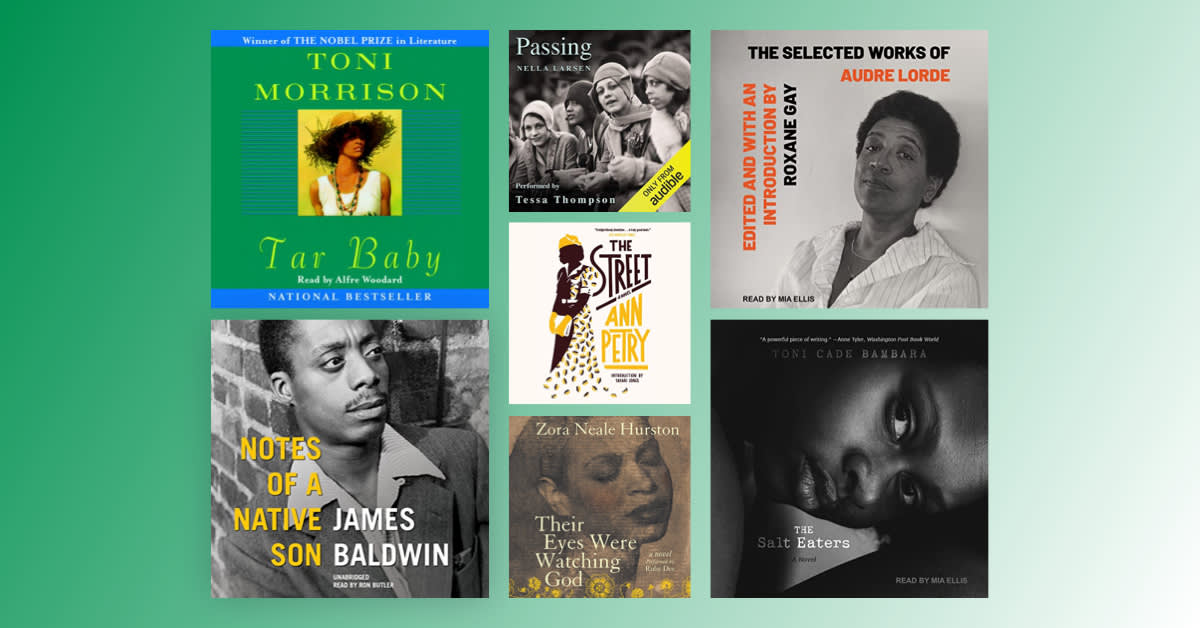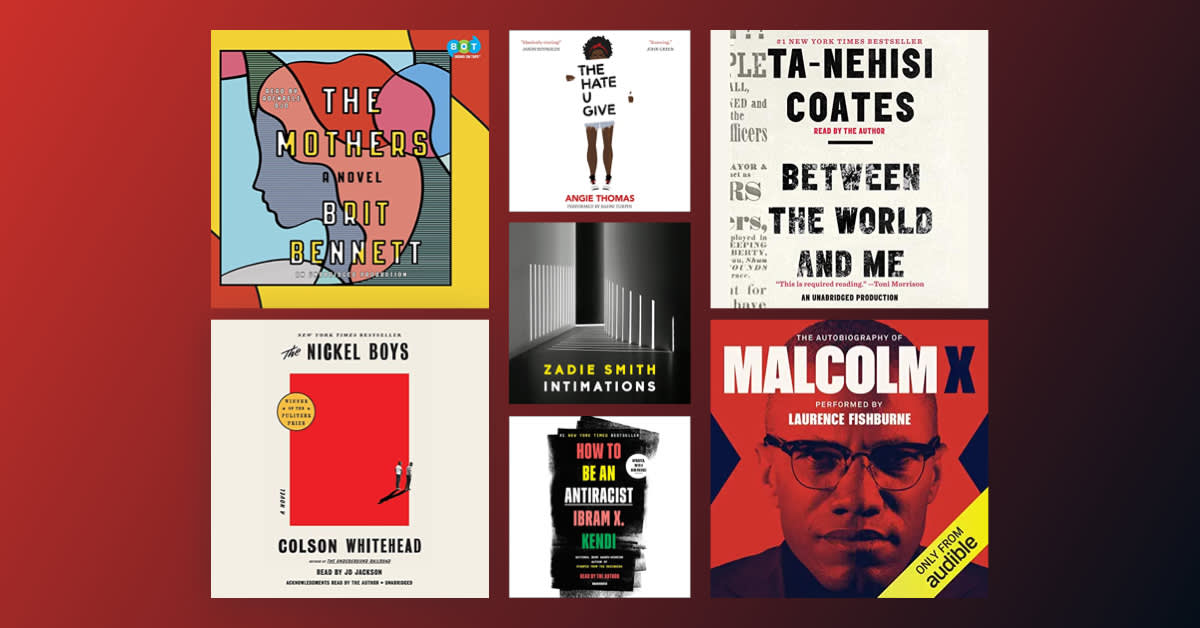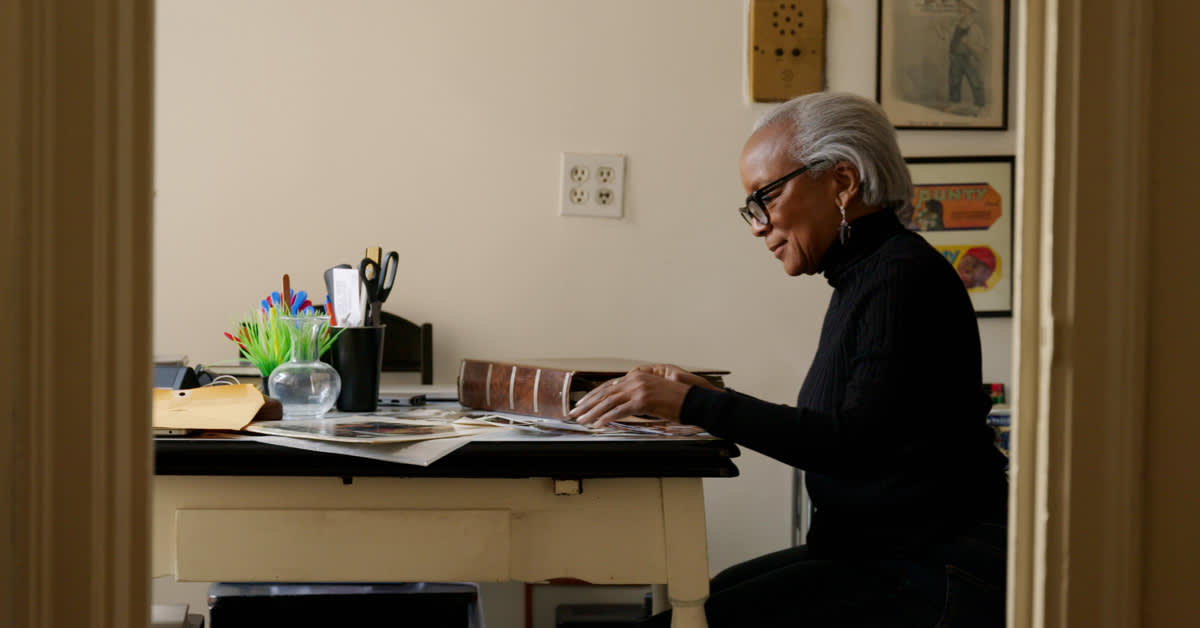Born in Harlem, James Arthur Baldwin would become one of the most important writers of the 20th century. No one wrote more beautifully, more poignantly, on the issues of the day, issues that remain relevant to this day—race, class, justice, LGBQTIA+ identity. He wrote it like it was, and spoke it too.
“Those who say it can’t be done are usually interrupted by others doing it.”
When he wasn’t writing essays, novels, poetry, or plays, Baldwin was captivating audiences with an eloquence that few could match. He walked-the-walk in demonstrations along with other civil rights activists, continuing the work of those who came before while establishing a legacy of his own.
“To be a Negro in this country and to be relatively conscious is to be in a rage almost all the time.”
Baldwin’s characters were often reflective of his own experiences and identity, Black and queer folks enduring through the constant struggle for justice and equality. He also carried on the work of the founders of the Harlem Renaissance. Eventually, though, Baldwin would leave America. He told one interviewer the reason that he went to France: “My luck was running out,” Baldwin said. “I was going to go to jail, I was going to kill somebody or be killed. My best friend had [died by] suicide two years earlier.”
“The most dangerous creation of any society is the man who has nothing to lose.”
I had the pleasure of meeting James Baldwin. His brother David worked at a popular jazz club and restaurant, Mikell’s, on Manhattan’s Upper West Side. I was there one night with Miles Davis. Behind me, I heard, “I love this man. I love this man.” There he was. I was speechless—probably intimidated and fearful that I’d have to have a conversation with this person who knew his way around words so beautifully. In retrospect, he may well have given me his number and possibly his friendship had I asked.
(After all, I was, at the time, with a man he loved.)
So many times, I’ve wondered through the years what it would have been like to call up James, see James, have a drink with James, and by some magical osmosis, become a great writer like James.
Years later, I was having dinner at La Colombe D’or in St. Paul de Vence. A frisky dog was running around, I think a golden retriever. I assumed he belonged to the owners as he seemed very comfortable there. I followed him with my eyes until he finally calmed down and walked to his owner.
“David!” I yelled. “I can’t believe it’s you.” It was James’s brother, the one who worked at Mikells. Baldwin, just before he died, was in the process of buying a house not far from the restaurant. David was in Vence for a visit.
If only I had the courage to strike up a conversation with Baldwin all those years ago. I can only imagine the great times I would’ve had with my dear friend James, all over New York and sometimes in Vence.
Nevertheless, he’s left us all an embarrassment of riches. On what would have been his 100th birthday, we’d like to share some of them with you.
James Baldwin's first major work, based in part on his own childhood in Harlem. Baldwin chronicles a 14-year-old boy's discovery of the terms of his identity as the stepson of the minister of a Pentecostal storefront church in Harlem. Baldwin's rendering of his protagonist's spiritual, sexual, and moral struggle toward self-invention opened new possibilities in the American language and in the way Americans understood themselves.
Giovanni's Room is set in the Paris of the 1950s, where a young American expatriate finds himself caught between his repressed desires and conventional morality. David has just proposed marriage to his American girlfriend, but while she is away on a trip he becomes involved in a doomed affair with a bartender named Giovanni. This classic narrative delves into the mystery of love and tells a deeply moving story.
Baldwin was an essayist, novelist, poet, playwright, and trailblazer. His classic queer novel came out well before the gay liberation movement gained momentum, speaking to his courage as a writer and activist. This empowering yet highly vulnerable collection of essays speaks to race, sexuality, and classism in ways that ring true to this day—making it, along with Baldwin's entire body of work, an absolute must-listen.
This moving narrative centers on the unwavering love between Fonny, a sculptor falsely imprisoned for an unthinkable crime, and Tish, who works tirelessly to free him.
At once a powerful evocation of Baldwin’s early life in Harlem and a disturbing examination of the consequences of racial injustice, the book is an intensely personal and provocative document from the iconic author. It consists of two “letters,” written on the occasion of the centennial of the Emancipation Proclamation, that exhort Americans, both Black and white, to attack the terrible legacy of racism.
Covering the last months of Baldwin’s 10-year self-exile in Europe, his return to America and to Harlem, and his first trip south at the time of the school integration battles, Nobody Knows My Name includes his controversial and intimate profiles of Norman Mailer, Richard Wright, and Ingmar Bergman. It explores such varied themes as the relations between Black and white Americans, sexual identity, and the role of writers in society.
Before Baldwin wrote books, he was known as a reviewer. Here, some of Baldwin's personal reflections on movies are gathered in a book-length essay that is also a probing appraisal of American racial politics. Offering an incisive look at racism in American movies and a vision of America's self-delusions and deceptions, Baldwin challenges the underlying assumptions in such films as In the Heat of the Night, Guess Who's Coming to Dinner, and The Exorcist.
This special podcast examines the life and work of the iconic author and Civil Rights activist. Join host Cree Myles of the award-winning platform All Ways Black as she goes behind the scenes with Dr. Eddie S. Glaude Jr., Roxane Gay, Billy Dee Williams, Robert Jones Jr., and other luminaries to give the inside scoop on who James Baldwin was and why he and his works are more relevant than ever today.












